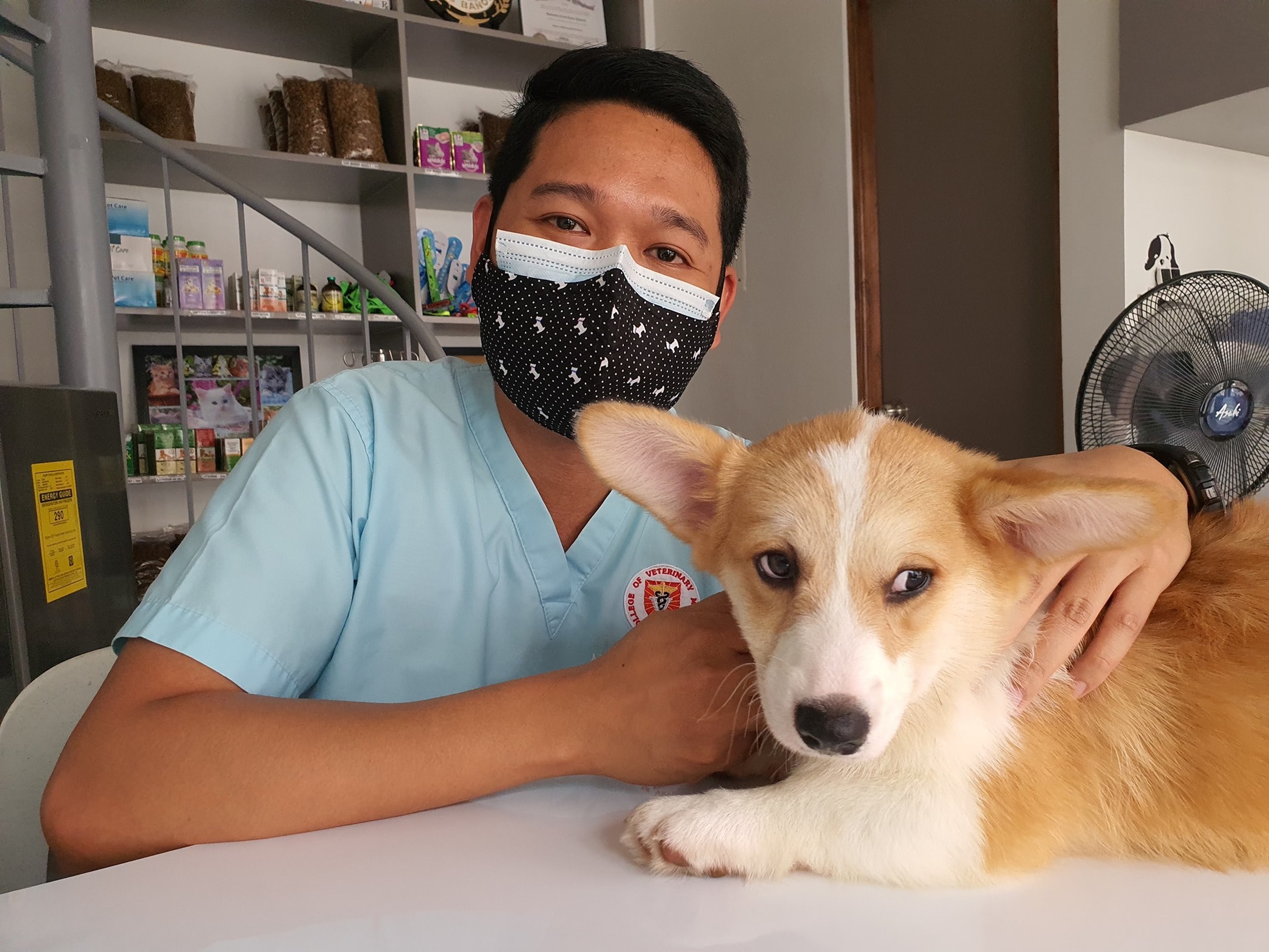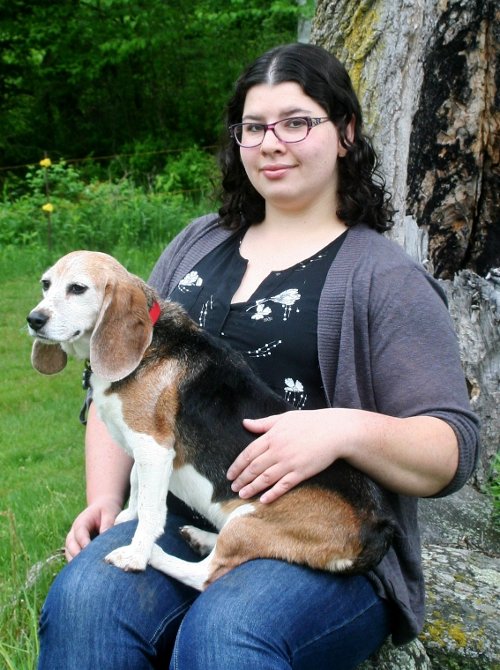Pre-Veterinary
 Biology Major
Biology Major
Pre-Veterinary Concentration
The Pre-Veterinary concentration allows students to study diverse aspects of animal biology. The concentration prepares students for a variety of animal focused careers and aligns with the prerequisite courses for veterinary programs. Students gain hands-on experience working with animals through coursework and internships. Students can complete animal care internships at MCLA, the Berkshire Museum and/or local animal hospitals.
Requirements
-
BIOL 101 Biology Seminar for Majors (1 cr)
-
BIOL 150 Introduction to Biology I: Cells (4 cr)
-
BIOL 160 Introduction to Biology II: Organisms (4 cr)
-
BIOL 240 Genetics (4 cr)
-
BIOL 302 Applied Statistics in Biology (1 cr)
-
BIOL 320 Microbiology (4 cr)
-
BIOL 360 Biochemistry (3 cr)
-
Select one of the following: 3-4 cr
-
BIOL 405 Animal Physiology
-
BIOL 395 Special Topics in Biology (Vertebrate Zoology)
-
BIOL 395 Special Topics in Biology (Comparative Vertebrate Anatomy)
-
BIOL 450 Animal Behavior (4 cr)
-
BIOL 540 Biology Internship (1 cr)
-
Upper Level Biology Electives (6 cr)
-
CHEM 150 Introduction to Chemistry I (4 cr)
-
CHEM 152 Introduction to Chemistry II (4 cr)
-
CHEM 201 Organic Chemistry I (4 cr)
-
CHEM 202 Organic Chemistry II (4 cr)
-
MATH 232 Introduction to Statistics (3 cr) or MATH 232H Honors: Introduction to Statistics
-
PHYS 131 General Physics I (4 cr)
-
PHYS 132 General Physics II (4 cr)
Total Credits: 62-63
MCLA in 4
 A sample 4-year plan showing a possible sequence of courses in this concentration.
A sample 4-year plan showing a possible sequence of courses in this concentration.
Certification/Application Test
Students interested in graduate school must take the GRE. Study materials for this examination are provided in the Biology department.
Internships and Research
Students in the Pre-Veterinary concentration must complete at least one internship. This can take place on-campus, taking care of animals in the Biology Department, or at off-site locations such as the Berkshire Museum (which houses reptiles, amphibians and marine animals, among others), and local animal hospitals. MCLA’s rural location also provides opportunities for large-animal observation. Students are encouraged to complete additional internships and/or observations to broaden their experience prior to applying to veterinary programs.
Students in the Pre-Veterinary concentration might also consider conducting independent research. Animal-related research opportunities are available on campus, and motivated students are encouraged to apply for off-campus research opportunities such as Research Experience for Undergraduates (REU) programs. Strong students may also be invited to serve as teaching assistants, conducting tutorials or assisting with labs in the department.
Advising
A faculty advisor will meet with each student at least once per semester, and information about prerequisites for veterinary school, specific internships, research opportunities, upcoming courses, and other topics is provided to enrolled students on the Biology Department’s Canvas page.
Careers & Outcomes
Both of the MCLA graduates who applied to veterinary school in the last two years were accepted to their programs of choice.
The Pre-Veterinary concentration aligns with the pre-requisite courses for veterinary programs. Coursework includes Animal Behavior and Animal Physiology, and students can complete animal care internships at MCLA, the Berkshire Museum and/or local animal hospitals.
How to Become a Veterinarian, with Elizabeth Wheeler '10
First, finish your undergrad at MCLA. Then apply to veterinary programs, which tend to be extremely selective. Don’t get down on yourself when you don’t get in the first time; apply again next year. But that’s just the beginning of this story.
